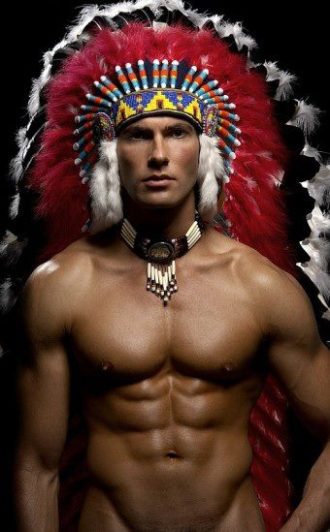To be an ally is a privilege in and of itself. It automatically means you do not personally share the experiences or oppressions of the group to which you are allied. An ally can support a struggle, but an ally does not live a struggle. As well-intentioned as white allies might be, we are limited to being intellectually or morally opposed to racism. As much as allies might understand the injustice behind the oppression they have chosen to rally against, they are not existentially implicated in suffering. There is a personal investment in ally-ship that tends to derail the goals of social movements—one of the many hazards of privileged folks re-centering issues around their character when they can’t be too vocal about their identities. Theoretically, there is nothing wrong with solidarity. When the practice of solidarity becomes a spectacle, that’s another story.
A recent phenomenon in public ally-ship begs the question: when are gay pride weeks and/or parades going to start happening on high school campuses in the US? Although folks may not be ready for that, they can handle a subliminal message about queerness sent through a very ambiguously named week-long event for straight folks. Be nice to queers: all the heterosexuals are doing it. “Gay pride week” is not going to receive the same controversial reaction as “Ally Week.” The problem isn’t the individuals who participate that may be very well-intentioned, it’s the sliver of visibility queers are given only after we are processed through a lens of heterosexual ally-ship. Both the name and the concept bring those with privilege to the forefront while relegating those without privilege to the background.
The rhetoric of “Ally Week” seems intentionally misleading; there are different identities, so there are different types of allies. Research revealed that “Ally Week” in this context is code for “Heterosexual Week.” Many good arguments have been made about the failure of heteros to recognize how they are invading a queer struggle from a place of straight privilege, but heteros are also demonstrating the privilege of charity. They are creating a charitable movement for the queer community to make us feel better, safer, and more comfortable—around them. This is where ally-ship often fails: it becomes more about making folks with privilege feel better about having it and less about meeting the needs of those without the same privilege(s).
On the white supremacist calendar in the US, there are months and holidays designated for specific non-white/cultural/gender identities because every other month is already a celebration of whiteness, white men, and white history. The same goes for heterosexuals. Heterosexism and hetero privilege is glorified, enforced, perpetuated, and generally normalized in major institutions, structures, and social attitudes on a daily basis. So why would these “allies” need a week out of the year to focus more attention on themselves than they already receive? A week for heterosexuals who identify as “allies” to queers is like a week for white folks who identify as “allies” to POC: yet another week where folks with tremendous social privilege take center stage and/or co-opt a struggle that isn’t about them. Being heterosexual and being white are positives, so there really doesn’t seem to be a need to make these experiences even better.
Here’s the thing: if you’re an ally, why aren’t you an ally every day? Allies shouldn’t need a special moment in time explicitly dedicated to kindness and charity. Allies should confront their friends whenever they detect homophobia, transphobia, ableism, sexism, or racism, not when there is a temporary spotlight promising recognition. Allies should engage in important conversations about social issues without a special occasion. Allies should understand this process is difficult and complicated, and will potentially involve many people dismissing them as insane rather than congratulating them as progressive. Allies shouldn’t take up space with their pride, take away attention from actual struggles, or expect praise for their decisions. Allies need self-criticism, not self-esteem.


